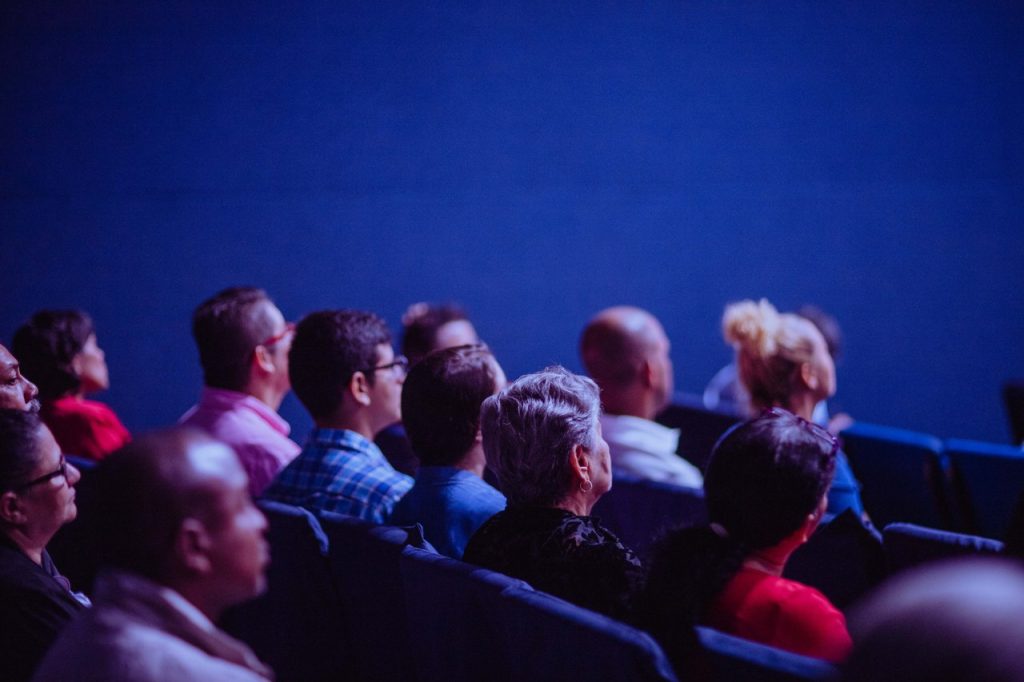Upcoming Conferences
Call for papers for the 1st “Social valence of science” Conference, 16-17 July 2022
Keynote Speaker: Esterbrook Longmaid III
Abstract Due Date: 17 June 2022
RegisterThis conference brings together academics and practitioners from a wide variety of fields, for a collaborative, multidisciplinary exploration of the place of science in a world stricken by a pandemic. Abstracts are peer-reviewed. Themes and issues for the conference include, but are not limited to:
Stream A Trusting the science
We have vaccines, but resistance remains. Distrust is grounded in pre-pandemic controversies, over GMO, fracking, pesticide use and vaping. Easy internet access to information, fake news, misinformation and disinformation has devalued expertise. We have seen the Dunning Kruger effect in presidents, and fierce debates about quarantine, lockdown, economies and priorities in government. Regaining our collective health is now complicated by perceptions of vaccine safety, and questions about corporate ownership and intent. Covid-19 has generated an infodemic of doubt, misinformation, myth and conspiracy. Distrust of authorities reflects the failure of big pharma and governments to act in the public interest, their history of deception, and inadequate spokespeople, think tanks, talking heads, policy wonks and experts. Research seems co-opted by corporations for financial gain and governments for persuasion. Science appears like just another battleground for power and profit. Thus, rental labs using open source bio-engineering equipment proliferate, as citizen scientists, biohackers, wetware hackers, biopunks, and DIY gene editors take science into their own hands. As the practice of science goes public, can we separate it from our aspiration, dreams, questions, fantasies and insights? Can we reformulate integrity, accountability, ownership and equity for the 21st century?
Stream B Communicating science
How has the pandemic changed public perceptions of science? the language of science? What is the role of language and media in science literacy? How do we communicate the trustworthiness of science? In what ways has science teaching been able to adapt to virtual classrooms and online teaching delivery, and where are the difficulties? How are the sciences situated, within the ongoing culture wars and the recent desire for ‘woke’ curricula? What happens to these issues, in second-labguage situations? We welcome papers on these and other topics. We also welcome experience narratives from people working in any role, in all organizations. What has the experience like, communciating and using science in your communications, in your context, in the pandemic? What were the problems? What were the communication issues? For more information on putting together an experience narrative, please see here.
Stream C Biosecurity
The pandemic has highlighted concerns with biosafety and biosecurity. Viruses evolve. They are also engineered. Regardless of the role of the Wuhan Biosafety Lab in this pandemic, its safety record, and the response of the Chinese government to investigation, regulating biosecurity on a national level underlines the same containment concerns for other countries with upper-level biosafety labs. Going forward, ensuring containment is crucial to the viability of the research needed to manage serious pathogens. Potential challenges include risk assessment, the accidental escape of existing toxins or pathogens, the weaponisation of pathogens engineered for gains-of-function, bioterrorism, environmental damage, effective control of the global movement of biological agents, management of how this knowledge is shared, global communication instead of secrecy, limiting military applications, and the lack of any effective international regulatory framework. We welcome papers on any element of these issues.
Stream D Data analytics
In order to explore these issues, we are soliciting research cooperation from academics and researchers, practitioners, business people, ethicists, and others. These papers use data from structured interview questions, and evaluate this data with sentiment analysis software. Conference participants interested in cooperating with this effort will publish papers in a journal special issue with HEDRA advisory board members. If you are interested in this, please click here.
The conference welcomes abstracts from academics and researchers working in linguistics, medicine and healthcare, philosophy and ethics, government and policy, business and management, social sciences and humanities, and in interdisciplinary and interprofessional fields, and others. We also welcome experience narratives, case studies, and situation reports from members of the public, people working in any related field, and specialists. You can find more information on this here. Participants will be able to watch a plenary session, and participate in a live-stream roundtable, and a conference roundtable discussions.
Register
